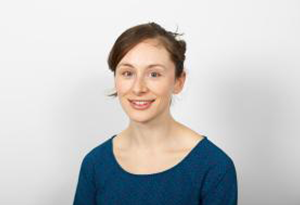How often have you heard a pupil ask this question? They loved doing the investigation but don’t want to now write up all that information. Well the good news is they don’t have to!
There seems to be a belief that after completing an investigation children should write a full scientific including some or all of the following:
- investigation question
- prediction
- method
- results table
- conclusion
- evaluation
So where has this come from?
I often see schools using worksheets that require pupils to complete these full reports. A quick search of science investigation ‘write ups’ results in numerous examples of worksheets which require pupils to complete boxes for all or most of the above sections. However, it is not an expectation of the National Curriculum or the Interim Teacher Assessment Framework for children to be able to write a ‘scientific report’. There are a range of working scientifically skills that children need to develop such as recognising variables, recording results and drawing conclusions but trying to hit all of these areas in one go is time consuming and tedious for children meaning the outcome does not necessarily showcase their understanding.
There are also a number of skills which are assessed best by watching the children complete the practical or through discussion and questioning. For example, if I want to know whether a pupil uses equipment accurately then this is best done through observation.
Teachers are often relieved when they hear that children do not need to write up full enquiries but they often then ask what children should record. The simple answer is: what you are asking children to record should be directly related to what you are trying to assess (the learning objective). This could be one skill area such as ‘drawing a conclusion’. Focussing on a particular skill area, means you have more time for the doing of the actual investigation, the vital discussion and the modelling of the particular skill. It also means marking can be more focussed on the development of a particular skill area. Focused recording is considered to be best practice in science teaching and learning.
Remember children can also show their understanding from enquiries in a variety of interesting ways such as newspaper reports, cartoon strips, TV programmes, adverts, tweets and letters. Teachers taking part in the Herts for Learning ‘Making creative links between science and English’ training programme really enjoyed exploring creative links between English and science. Teachers have really let their creative ideas run wild after stepping away from the more traditional view of a ‘scientific report’.
Look out for ‘Developing Young Scientists’ Part 2 which will contain ideas and guidance for developing skills and supporting students to share their understanding in a variety of ways.
Interested in finding out more about making links with English or developing science skills then why not book onto one of the relevant Autumn training courses.



